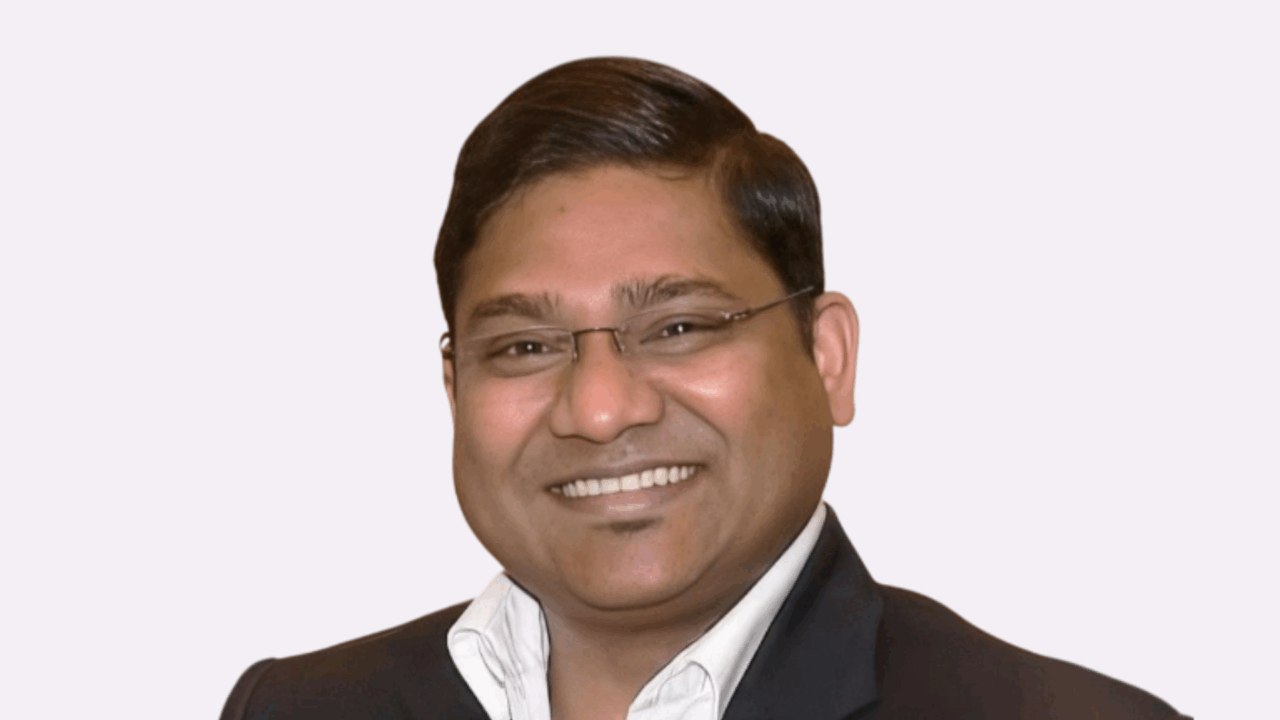Achyut Saroj, KOL Engagement and Medical Affairs Liaison (Independent Contractor) at Tatva Health Inc, shared on LinkedIn:
“Learning from the oncology session at the Life Sciences Summit, organized by Maria Thacker Goethe (President & CEO) and the Georgia Life Sciences team
Session: Co-Designing the Future – Patient Voices in R&D and Clinical Trials
At the annual summit gathering, I had the privilege of listening to a remarkable panel that reframed how we think about oncology research and patient engagement.
Each speaker emphasized a different dimension of what true patient-centric innovation means:
- Dr. Guilherme Cantuaria (Chair Northside Hospital Cancer Institute), underscored the power of digital, app-based tools to capture patient features and report outcomes in real-time, turning lived experiences into measurable data, among several other topics he touched.
- Lynn Durham (President and CEO Georgia CORE), a three-time cancer survivor, reminded us that patient centricity is not optional – it is the very core of meaningful studies and the future of clinical research.
- Dr. Robert Popovian (Founder, Conquest Advisors) highlighted the regulatory lens, stressing how embedding patient voices early strengthens both trust and compliance, ensuring that innovation moves at the pace of patients’ needs.
- Amanda Seeff-Charny (Executive Director, Regeneron) powerfully conveyed that patient engagement should happen early and at every step of the research journey, not as an afterthought.
What struck me most is how these perspectives are converging through AI platforms.
From predictive analytics to patient-reported outcome dashboards, AI enables us to integrate diverse patient voices, regulatory expectations, survivor wisdom, and clinical trial design – weaving them into a living ecosystem of learning and care.
And to truly fulfill this vision, multidisciplinary teams – oncologists, data scientists, regulators, patient advocates, patient navigators, health coaches, behavioral scientists, and digital health innovators – must come together.
Only by blending these disciplines can we design trials that are scientifically rigorous, technologically innovative, emotionally supportive, and deeply human.
This is not just about technology. It is about redesigning the future of cancer research together with patients.
I left inspired that the next era of oncology innovation will be co-authored by multidisciplinary teams – with patients at the very center.”
More posts featuring Cancer Research.


